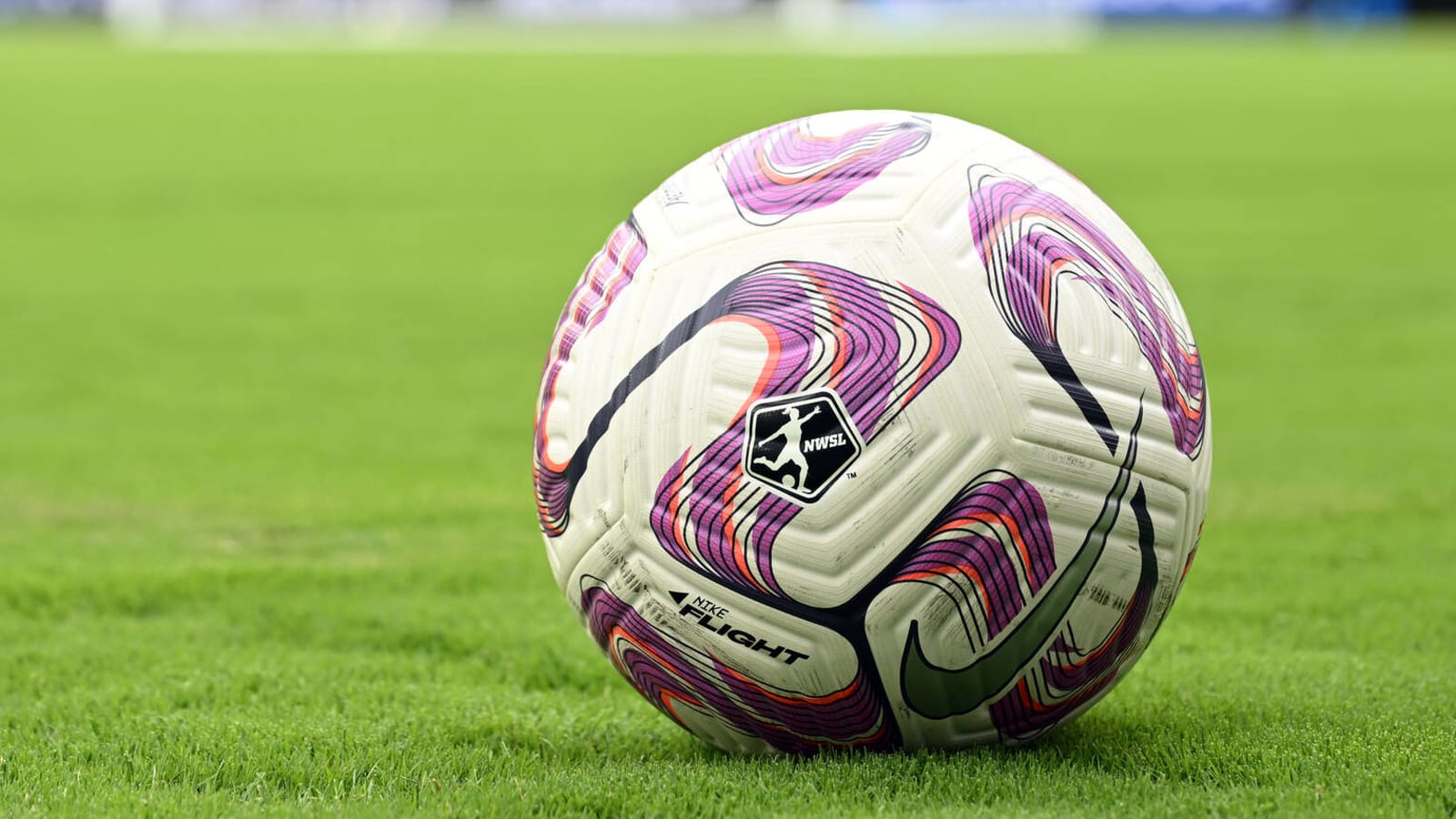
The wild story of Haiti's Women's World Cup qualification
On July 20, the top 32 women's soccer teams on the planet will vie for victory in Australia and New Zealand. Some of those 32 are familiar. The U.S., for instance, will enter as defending champions, while England, South Africa, Brazil and China will enter as champions of their respective continents.
But some teams--eight of them, to be precise--are brand new, making their World Cup debuts in 2023. And none of them has a wilder, heavier or more inspirational story than Haiti.
The Haitian Women's Soccer Team, better known as Les Grenadières, survived a hellaciously difficult qualifying process to secure its spot in the 2023 World Cup. After a series of blowout matches against its Caribbean neighbors (one of which it won 21-0), Haiti advanced to play North America's strongest teams. It struggled against the likes of the United States but hung on to defeat Costa Rica 4-2 and snatch a World Cup intercontinental playoff spot.
That took Haiti to Auckland, New Zealand, where it faced two back-to-back do-or-die matches against Senegal and Chile. Haiti dispatched Senegal 4-0, but Chile proved to be much tougher opposition, pushing Haiti to the limit and keeping the game close.
But Haiti refused to give in. As the clock ticked down to mere seconds, striker Melchie Dumornay fired in a shot from an impossible angle to snatch Haiti the win and confirm a spot in its first ever World Cup.
HAITI ARE IN!
— Women’s Sports Exchange (@wsportsxchange) February 22, 2023
With 2 goals from Melchie Dumornay, Haiti secure their spot in the 2023 Women’s World Cup in Australia and New Zealand.#FIFAWWCpic.twitter.com/52NMQakpXt
"It means a lot to me to be able to make history," Haiti player Milan Pierre-Jerome said, via Bloomberg. "Putting Haiti out there in this positive light is something I really appreciate."
To say it's been a difficult few years for Haiti would be a gross understatement. The country is still rebuilding from the devastating earthquake of 2010. President Jovenel Moïse was assassinated in summer 2021, leading to brutal street fighting and gang uprisings throughout the capital, Port-au-Prince. Haiti is also in the midst of a food crisis, with the UN placing the country at a 'catastrophic' Level 5 on its global hunger scale.
But it's been a uniquely difficult few years for Haiti's women's soccer program, too. Yves-Jean Bart, the former leader of Haiti's Football Association, was banned from the sport in 2020 after credible reports surfaced of him sexually abusing female soccer players. His rightful departure caused Haitian soccer to fall into disarray, with several domestic leagues suspending play in his absence. 100% of Haiti's World Cup team, therefore, plays outside of Haiti, and the team couldn't even play home games in its own stadiums--it opted to compete in the Dominican Republic instead.
To make matters even worse, Bart recently had his ban overturned by FIFA amidst complaints of witness intimidation.
And on top of all that trauma, the Haitian national team has no sponsors and no outside funding to help it succeed at the World Cup. It will receive a portion of FIFA's $30.7 million fund to help its delegation travel to Oceania, but once that money runs out, it's gone forever.
But Haiti isn't giving up.
"All we need is a ball, cleats and shin guards," Pierre-Jerome said. "All those outside things don't really matter."
Haiti are in Group D and will face a stacked lineup of China, Denmark and England in its opening three games. The journey to the next round won't be simple for les Grenadières, but after all they faced to get here, they're not feeling any pressure.
"If we stay positive and play together, we will make history," goalkeeper Kerly Theus confirmed. "I think we can shock the world."
More must-reads:
- Chelsea beats PSG to close out controversial 2025 FIFA Club World Cup
- ESPN analyst says it is 'silly' that this player is not on the top NFL QBs list
- The 'Most recent cycle by MLB franchise' quiz
Breaking News
Trending News
Customize Your Newsletter
 +
+
Get the latest news and rumors, customized to your favorite sports and teams. Emailed daily. Always free!








